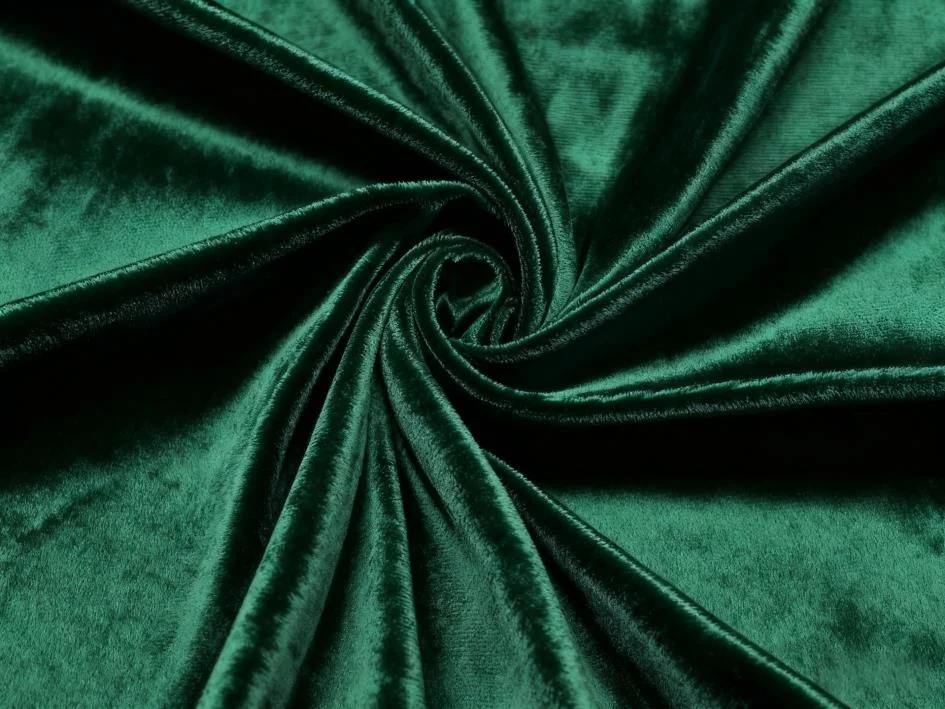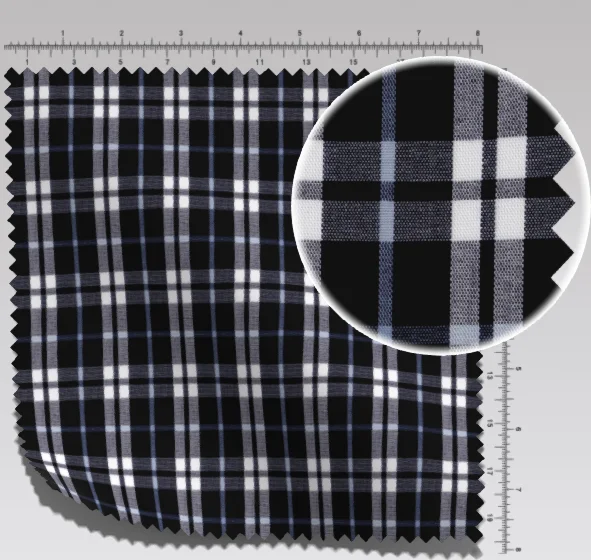The Luxury Paradox: Unraveling the Positive and Negative Impacts of Luxury Goods
2 min read
In the world of consumerism, luxury goods occupy a unique position. They are often viewed as symbols of success, wealth, and taste. However, the question that often arises is: Are luxury goods positive or negative? This question is not as straightforward as it seems, as the impact of luxury goods can be multifaceted, encompassing economic, social, and psychological aspects.
From an economic perspective, the luxury goods industry is a significant contributor to global GDP. According to Bain & Company, the global luxury market was worth approximately $1.4 trillion in 2020. This industry creates millions of jobs worldwide, from manufacturing to retail, marketing, and distribution. Luxury brands also invest heavily in research and development, often leading to innovative products and technologies.
Moreover, luxury goods can have a positive impact on consumers. They can provide a sense of achievement, enhance self-esteem, and serve as a form of self-expression. Luxury goods can also offer superior quality and longevity compared to mass-market products, providing consumers with value over time.
However, the luxury goods industry also has its share of negatives. One of the most significant is the issue of sustainability. The production of luxury goods often involves high resource consumption and waste generation. The industry is also associated with unethical practices such as exploitation of workers and animal cruelty.
Furthermore, luxury goods can perpetuate social inequality. They can create a culture of materialism and conspicuous consumption, where individuals are judged based on their possessions rather than their character or achievements. This can lead to social tension and exacerbate wealth disparities.
From a psychological perspective, the pursuit of luxury can lead to unhealthy behaviors such as overspending and debt. It can also result in dissatisfaction and unhappiness, as individuals constantly strive for the next luxury item to maintain their social status.
In conclusion, whether luxury goods are positive or negative depends on the perspective. They can bring economic benefits and personal satisfaction, but they can also lead to social and environmental issues. As consumers, it is crucial to be aware of these impacts and make informed decisions. As for the luxury industry, it needs to address its shortcomings and strive for sustainability and ethical practices.



